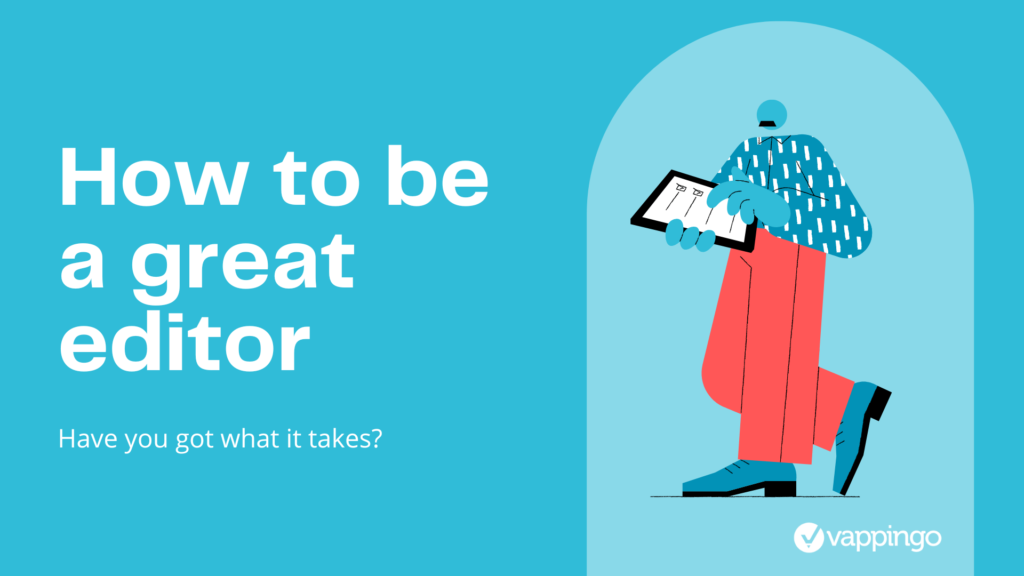Introduction
In the world of content, books, journalism, and digital media, the editor is often the unsung hero. While writers bring words to the page, editors are the ones who polish, refine, and guide those words into their final, powerful form. Whether in a newsroom, publishing house, website, or corporate communication department, the editor plays a critical role in ensuring that the message is clear, accurate, engaging, and aligned with its purpose.
This article explores the responsibilities, skills, and impact of an editor—and why this role is more essential than ever in today’s fast-paced, content-driven world.
🖋️ What Does an Editor Do?
At its core, editing is about improving content without changing the writer’s voice. An editor works to:
- Correct grammar, punctuation, and spelling errors
- Ensure clarity and coherence
- Strengthen structure and flow
- Fact-check and verify information
- Adapt tone and style to the target audience
- Guide writers through revisions and improvements
- Meet publishing deadlines and maintain consistency
Depending on the industry, editors may also manage teams, assign stories, oversee visual layouts, and coordinate with designers, marketers, or developers.
🧠 Key Skills of a Great Editor
- Strong Language Mastery – Excellent command of grammar, vocabulary, and syntax.
- Critical Thinking – Ability to evaluate structure, logic, and argument strength.
- Attention to Detail – Spotting even the smallest inconsistencies or errors.
- Creativity – Suggesting improvements or angles that enhance storytelling.
- Communication – Giving clear, constructive feedback to writers.
- Project Management – Balancing multiple tasks and deadlines effectively.
🧾 Types of Editors
There are several types of editors, each with unique responsibilities:
- Copy Editor: Focuses on grammar, punctuation, spelling, and consistency.
- Content Editor (or Substantive Editor): Works on structure, clarity, tone, and flow.
- Managing Editor: Oversees schedules, staff, and overall publication operations.
- Developmental Editor: Guides early-stage ideas, especially in book publishing.
- Proofreader: Reviews final drafts for minor errors before publication.
- Video/Multimedia Editor: Assembles and refines visual/audio content (in media).
🌐 The Editor in the Digital Age
Modern editors aren’t just working with print. They now handle content across platforms like:
- Blogs and websites
- Social media posts
- Online magazines and journals
- E-books and newsletters
- Scripts for YouTube, podcasts, and courses
Editors must often be familiar with SEO (Search Engine Optimization), CMS platforms like WordPress, and digital publishing tools.
🤖 How AI Is Supporting (Not Replacing) Editors
AI tools like Grammarly, Hemingway Editor, and ChatGPT help editors streamline their work by:
- Spotting grammar and style issues
- Offering content suggestions
- Summarizing or restructuring articles
- Checking tone and readability
But while AI can support efficiency, human editors bring nuance, creativity, and emotional intelligence—all crucial for great content.
✍️ Why Editors Matter
In a world flooded with information, editors help filter out the noise and bring clarity, credibility, and impact. They ensure that every piece of content meets professional standards and truly connects with readers.
Behind every successful article, book, news story, or campaign, there’s almost always an editor making it better.
Conclusion
The editor’s role is not just to correct—but to collaborate, enhance, and elevate. Whether working with journalists, authors, marketers, or content creators, editors are guardians of quality and champions of clear communication. As content becomes more central to our lives and businesses, editors will remain an indispensable part of the creative process.
